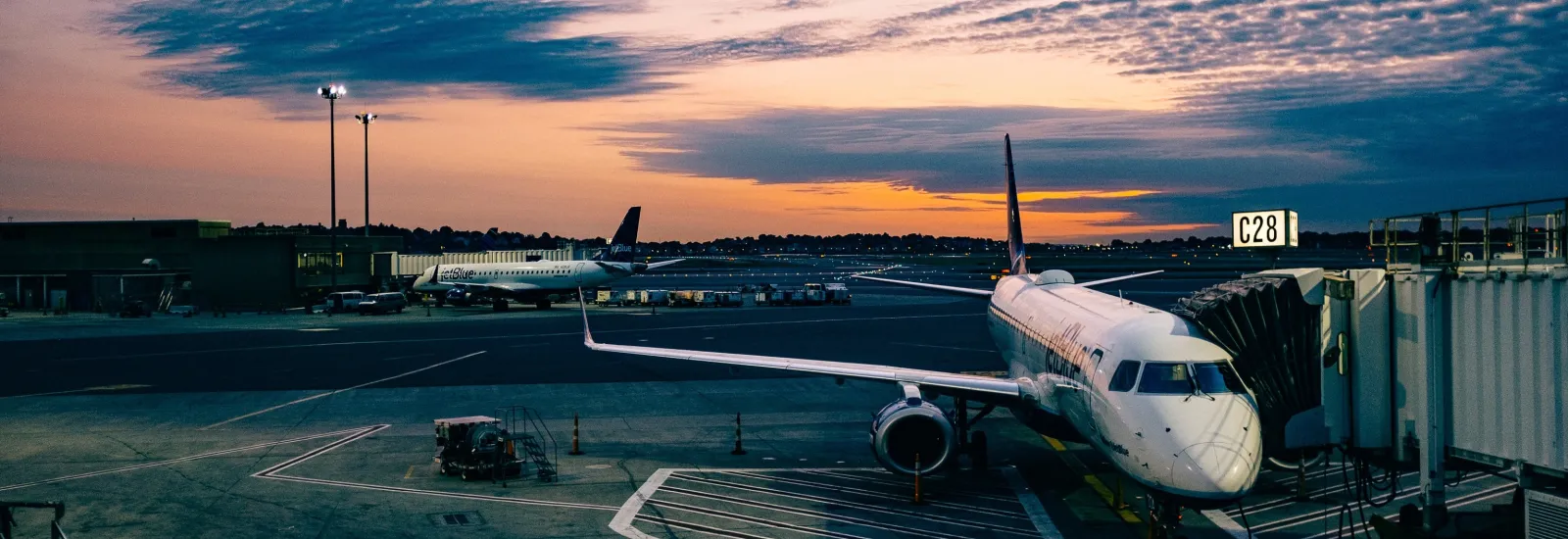
Traveling with food allergies: Pro tips for safe travel
Traveling with food allergies might sound stressful and overwhelming but it doesn't have to be. With careful preparation you can travel safely and still enjoy yourself.
What should I do before my trip?
Food Allergy Research & Education (FARE) has tips for traveling with food allergies chief among them is to be sure to bring a travel kit that includes all your medications and epinephrine auto-injectors as well as copies of an emergency care plan.
Let your doctor know you will be traveling and make a plan for contacting them in case you need to ask any questions or get more of your medication.
If you're traveling by air be sure to check with the airline about their allergy policy before you book your flight and notify the airline of your food allergy. They may offer a peanut-free snack for example. Of course it's also a good idea to bring your own allergy-safe food along when you're traveling.
What happens once I get to the airport?
FARE suggests you confirm that the airline is aware of your allergy at every point: with the ticket agent and again with flight attendants.
Keep your epinephrine injectors with you at all times. Never put them in the overhead bin. FARE says it is safe to allow them through the X-ray machines and scanners used during security. This is likely a better choice than having them hand-inspected which may accidentally activate or damage the device.
Make sure you have the printed label that identifies the medication on your epinephrine device along with a note from your doctor that confirms your allergy.
What about dining out?
FARE advises bringing a food allergy alert card for the chef. A "chef card" that lists the foods you cannot eat is a great tool to communicate your allergies clearly at restaurants. Be sure to wear your medical identification jewelry and bring your epinephrine auto-injector and any additional medications you may need.


